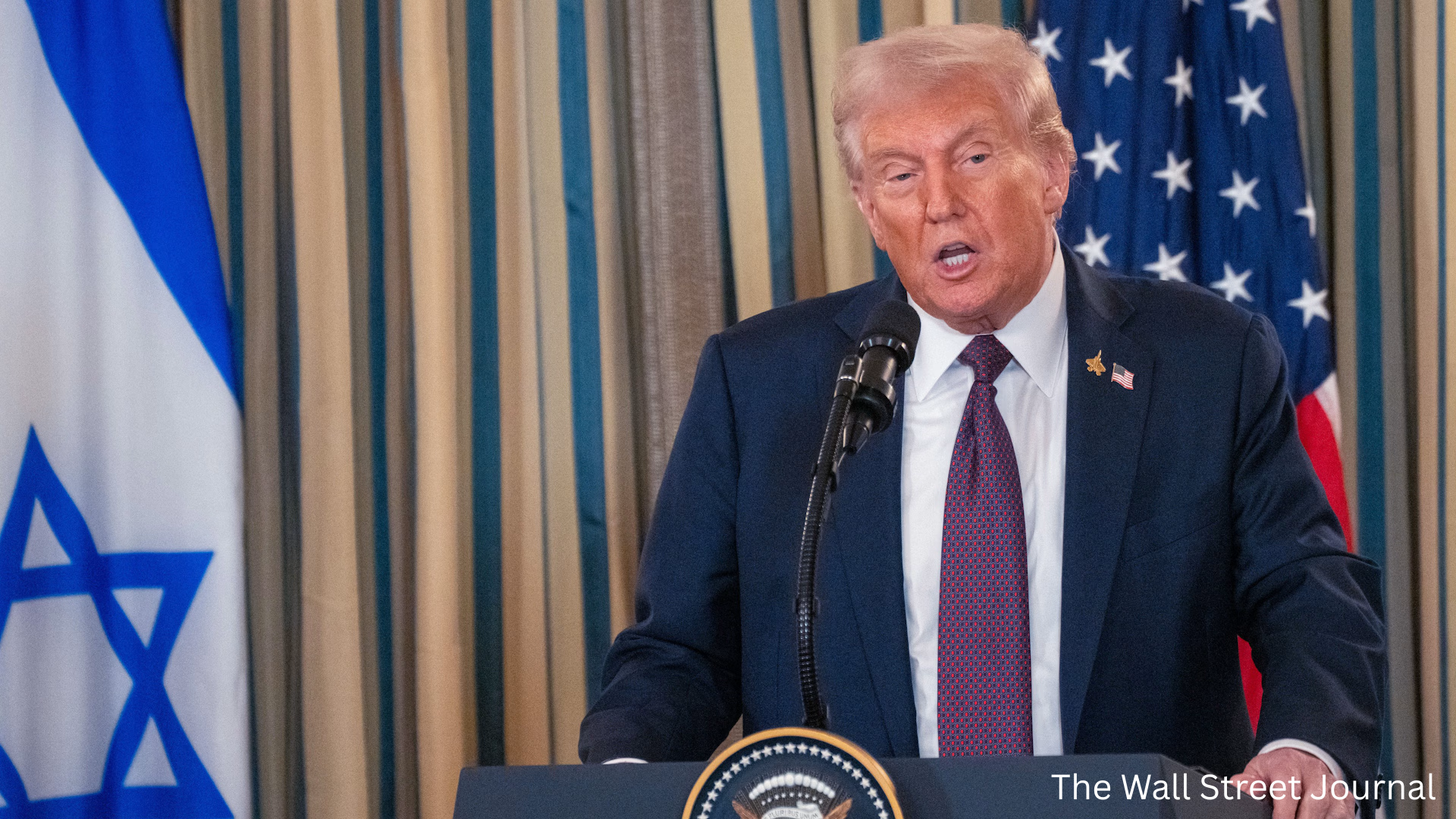On Friday evening, hours after former President Donald Trump issued a Sunday evening deadline for Hamas to respond to his peace plan, the White House did not issue an immediate comment regarding the statement released by the Palestinian group. This absence of comment indicates that American officials are carefully reviewing the contents of Hamas’ announcement, weighing its implications for hostages, cease-fire measures, and broader peace efforts in the region.
Context of Trump’s Deadline
Trump had set a firm deadline for Hamas to respond to his proposed peace plan, emphasizing urgency in reaching a resolution to the nearly two-year-long conflict in Gaza. By establishing this timeline, the former president sought to accelerate negotiations and encourage compliance with key terms, including the release of hostages and steps toward ending hostilities.
The deadline added political and diplomatic pressure on Hamas, signaling that the United States was closely monitoring developments and prepared to respond to any delay or noncompliance.
White House Response
The absence of an immediate White House comment suggests several considerations:
- Careful Review: Officials likely are analyzing the language, conditions, and implications of Hamas’ statement before formulating a response.
- Diplomatic Caution: Premature comments could impact negotiations or inadvertently escalate tensions.
- Coordination: U.S. representatives may be consulting with international partners, including Egypt, Qatar, and other Arab nations, to ensure any official position aligns with ongoing diplomatic efforts.
This measured approach demonstrates the importance of strategic deliberation in high-stakes international diplomacy.
Implications of the Review Process
American officials’ close review of Hamas’ statement highlights the complexity of the negotiations. Key elements under scrutiny likely include:
- Hostage Release: Verification of Hamas’ commitment to release all Israeli hostages.
- Conditional Terms: Assessment of the conditions Hamas attached to its agreement and potential impacts on Israel’s security and political calculations.
- Cease-Fire Measures: Ensuring that proposed steps toward ending hostilities are realistic, enforceable, and sustainable.
- Political Considerations: Evaluating how Hamas’ statements regarding governance and Palestinian rights might influence long-term peace efforts.
This review process allows the United States to respond thoughtfully, balancing humanitarian priorities with diplomatic strategy.
Strategic Messaging and Diplomacy
By withholding immediate comment, the White House maintains flexibility in both domestic and international messaging. This approach ensures that responses are informed, accurate, and aligned with broader objectives, including:
- Signaling Seriousness: Showing that the U.S. is taking Hamas’ statement seriously and evaluating its implications carefully.
- Encouraging Compliance: Reinforcing the importance of meeting agreed deadlines and conditions.
- Maintaining Leverage: Preserving diplomatic leverage by controlling the timing and content of public responses.
Strategic patience is often a critical element in complex negotiations, particularly when multiple actors with divergent interests are involved.
Regional and International Considerations
The review of Hamas’ statement also involves regional partners who play a key role in facilitating dialogue. Arab nations such as Egypt and Qatar have acted as mediators and continue to encourage cooperation between Israel and Hamas.
American officials’ careful consideration signals:
- Respect for Mediation Efforts: Aligning with regional actors to support a cohesive negotiation process.
- Global Oversight: Ensuring that decisions are informed by international norms and humanitarian considerations.
- Risk Management: Avoiding missteps that could destabilize ongoing peace efforts or escalate violence.
This underscores the interconnected nature of diplomacy in the Gaza conflict, where each statement and reaction carries both regional and international weight.
Potential Outcomes of the Review
Once the White House completes its review, possible next steps include:
- Formal Statement: Issuing a public response that clarifies U.S. expectations and next steps.
- Diplomatic Engagement: Engaging directly with Hamas, Israel, and mediating countries to address ambiguities or negotiate terms.
- Strategic Planning: Coordinating with international partners to support the safe release of hostages and steps toward de-escalation.
The review period allows the U.S. to formulate a position that maximizes diplomatic effectiveness while prioritizing humanitarian outcomes.
Conclusion
The White House’s measured approach in reviewing Hamas’ statement following Trump’s peace plan deadline reflects the complexity of the Gaza conflict and the sensitivity of hostage negotiations. By carefully analyzing the announcement, American officials demonstrate strategic patience, balancing diplomatic, security, and humanitarian considerations. This period of assessment will shape the U.S. response, influencing both immediate negotiations and long-term efforts to stabilize the region.
%20(4).png)




